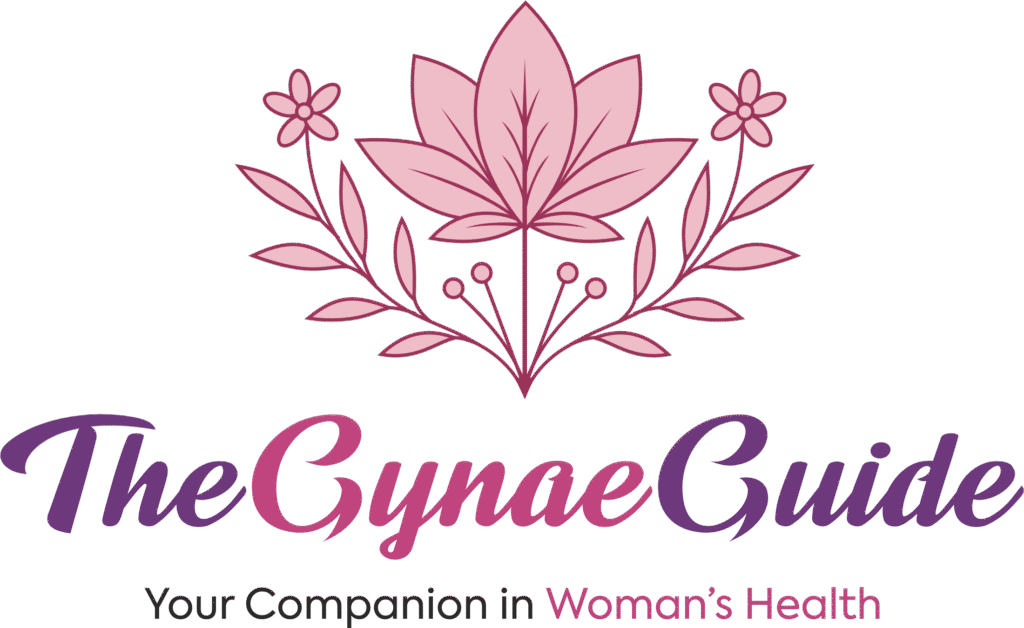For many women navigating menopause or perimenopause, Hormone Replacement Therapy (HRT) can feel like both a relief and a mystery. Is it safe? Does it really work? Are there natural alternatives? These are common questions, and this guide answers them all, breaking down the benefits and risks of Hormone Replacement Therapy in a way that’s easy to understand and grounded in real women’s health needs.
If you’re already managing hot flashes or mood swings, our article on how to manage hot flashes naturally can help support your journey alongside or beyond HRT.
What Is Hormone Replacement Therapy?
Hormone Replacement Therapy is a medical treatment that supplements the body with estrogen, progesterone, or both. It’s most commonly used during perimenopause and menopause when hormone levels naturally decline.
There are two main types of HRT:
- Estrogen-only HRT: Often prescribed for women who’ve had a hysterectomy.
- Combined HRT (estrogen + progesterone): Recommended for women with an intact uterus to prevent endometrial complications.
HRT can be delivered through:
- Pills
- Skin patches
- Vaginal creams
- Injections
- Hormonal implants
According to the World Health Organization, HRT should always be tailored to each woman’s individual health profile and discussed with a certified doctor.
Pros of Hormone Replacement Therapy
1. Relieves Menopause Symptoms
One of the primary reasons women turn to HRT is symptom relief. From hot flashes to night sweats and mood swings, HRT can significantly improve quality of life.
If you’ve noticed intense changes in your menstrual cycle, perimenopause symptoms could be a sign it’s time to consider your options, including HRT.
2. Supports Bone Health
Estrogen helps maintain bone density. After menopause, women are at higher risk for osteoporosis. HRT helps prevent bone loss and fractures, particularly in early postmenopausal women.
3. Improves Vaginal and Urinary Health
HRT can ease vaginal dryness, itching, and discomfort during intercourse. It also reduces the frequency of urinary tract infections and incontinence for many women.
4. Enhances Mood and Sleep
Women on HRT often report better sleep quality and mood stabilization. Estrogen affects neurotransmitters like serotonin, which play a role in emotional health.
Our Facebook page is a great place to hear real experiences and insights from women managing similar changes.
Cons of Hormone Replacement Therapy
1. Potential Health Risks
Long-term use or high doses of HRT have been associated with increased risk of:
- Blood clots
- Stroke
- Breast cancer (especially combined HRT)
- Gallbladder disease
These risks vary by age, dosage, and individual health factors.
Learn how other hormone-based treatments compare in our post on the pros and cons of hormonal birth control.
2. Side Effects
Some women experience side effects such as:
- Bloating
- Nausea
- Breast tenderness
- Mood swings
- Headaches
These often subside with time or dosage adjustments.
3. Not Suitable for Everyone
HRT may not be recommended for women with a history of:
- Breast or uterine cancer
- Blood clots
- Liver disease
- Heart conditions
Always consult your gynecologist before starting treatment.
Explore more hormonal conditions like ovarian cyst causes to understand related reproductive health issues.
Natural Alternatives to HRT
If you’re not ready for or can’t use Hormone Replacement Therapy, here are natural strategies that support hormone balance:
- Phytoestrogens (found in soy, flaxseeds, chickpeas)
- Regular exercise
- Balanced diet with calcium and vitamin D
- Mindfulness practices like meditation and yoga
- Herbal supplements such as black cohosh, red clover, and evening primrose oil
Curious about integrating natural remedies into your routine? Follow us on Instagram for easy wellness tips and hormone health facts.
Is Hormone Replacement Therapy Right for You?
HRT is not a one-size-fits-all solution. It depends on factors like age, medical history, severity of symptoms, and personal preferences.
Ask yourself:
- Are my menopause symptoms interfering with my daily life?
- Do I have any health conditions that could make HRT risky?
- Am I open to combining natural approaches with medical treatment?
A detailed discussion with your doctor is crucial to evaluate these questions. The goal is to create a personalized midlife care plan that prioritizes both symptom relief and long-term health.
Real-Life Scenario
Anita, 49, started experiencing insomnia, joint pain, and mood swings. After trying natural remedies for six months, she started low-dose estrogen patches on her doctor’s advice. Within weeks, her sleep improved and energy returned, but she stayed consistent with her yoga practice and flaxseed-rich meals.
Need help mapping out your midlife health journey? Our post on family planning counseling offers guidance on long-term reproductive decisions too.
Final Thoughts
Hormone Replacement Therapy can be a powerful tool for easing the menopause transition, but it’s not without risks. Whether you choose to pursue HRT or explore holistic alternatives, the key is staying informed and working closely with your healthcare provider.
Your body deserves personalized care. Menopause is not an end, it’s a new chapter, and you’re in control of how you write it.
For expert Q&As and hormone wellness education, subscribe to our YouTube channel.
FAQs
Q1. How long can I stay on Hormone Replacement Therapy?
It depends on your health profile. Many women use HRT for 3–5 years, but some continue longer under medical supervision.
Q2. Can HRT help with hot flashes and night sweats?
Yes, it’s one of the most effective treatments for vasomotor symptoms like hot flashes.
Q3. Is it safe to take herbal supplements instead of HRT?
Some women find relief with herbs, but they should be discussed with your doctor to avoid interactions.
Q4. Does HRT increase the risk of breast cancer?
Combined HRT may slightly increase risk over time, especially after 5+ years of use. Estrogen-only HRT has a lower associated risk.

